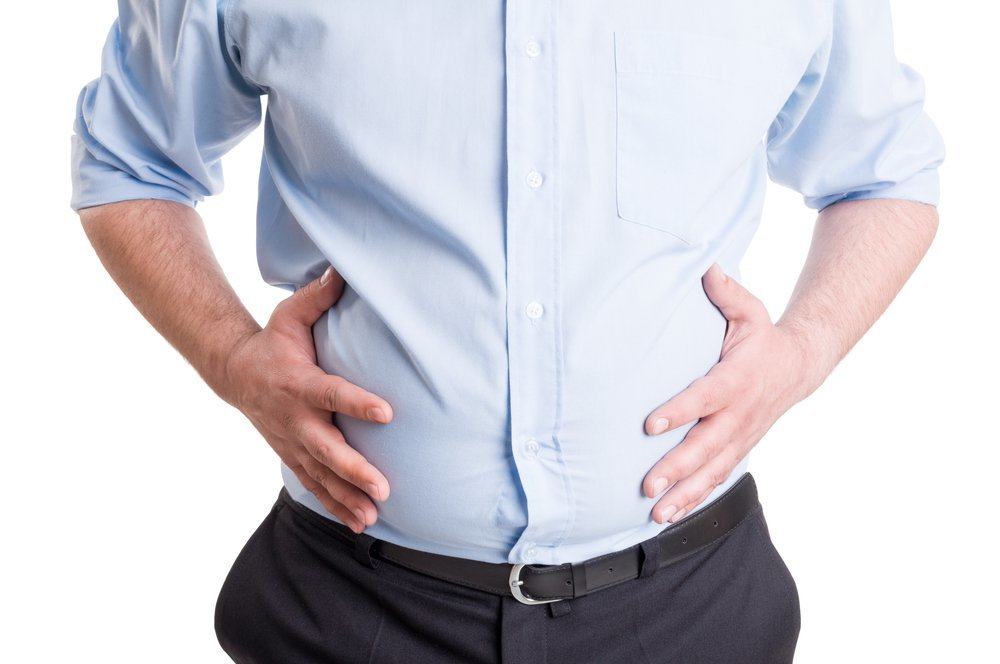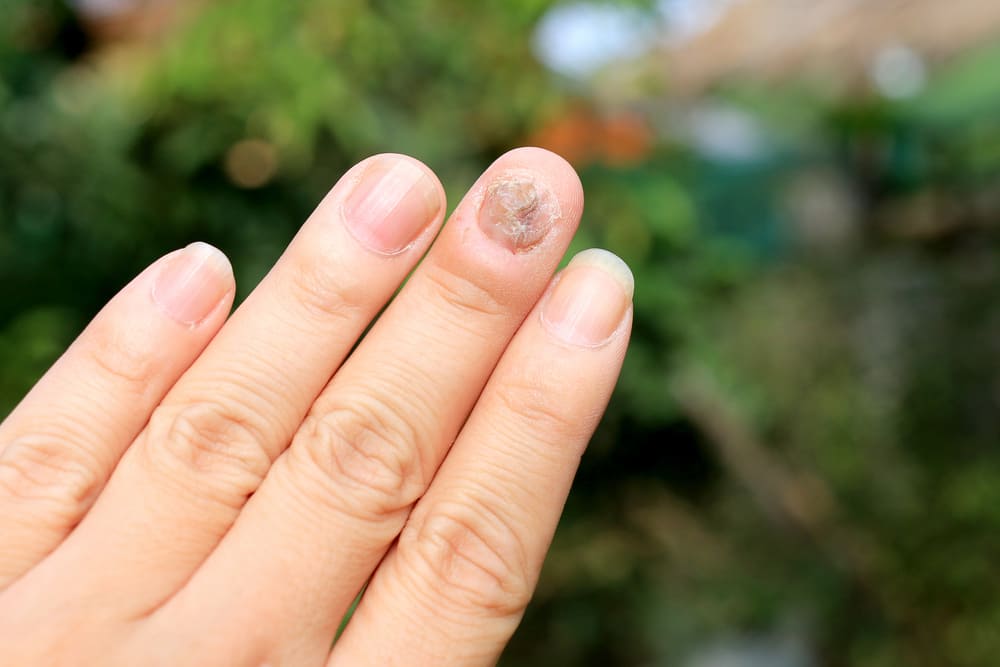Contents:
Medical Video: Hysterectomy
Definition
What is vaginal hysterectomy?
Vaginal hysterectomy is a medical procedure for removing the uterus and cervix. In some cases, it may be accompanied by removal of the ovary. But generally, they will be left alone.
Uterine prolapse (a decrease in the uterus from its normal position into the vagina due to the weakening of pelvic floor ligaments and muscles, also known as a downhill), large volume or painful menstruation, and fibroids are three common reasons for carrying out hysterectomy .
What are the benefits of vaginal hysterectomy?
Hysterectomy can cure or relieve the symptoms you are experiencing. You will no longer experience menstruation.
Prevention & warning
What should I know before undergoing vaginal hysterectomy?
Signs of uterine prolapse can be alleviated by doing Kegel exercises.
Heavy menstruation can be overcome by taking oral medications, using an IUD (intra-uterine device), or lifting the endometrial lining in your uterus.
You can take medicines to control these symptoms. The dose will be given based on the size and position of the fibroid (non-cancerous tumor in the uterus). Other therapies include surgical removal of fibroids or uterine artery embolisation (UAE).
Process
What should I do before undergoing vaginal hysterectomy?
Discuss with your doctor about your latest treatment, your allergies, or your health condition. Before carrying out the operation, you will meet with the anesthetist and discuss the sedative methods that will be used. It is important to always follow the doctor's instructions about when you should start fasting before surgery.
You will be given clear guidelines for pre-surgery, including whether you can eat any food / drink before the procedure. Generally, you will be required to fast 6 hours before the operation begins. You may be allowed to consume drinks, such as coffee, until a few hours before surgery.
What is the process of vaginal hysterectomy?
The hysterectomy procedure is performed under general anesthesia. The duration of the procedure is approximately 45 minutes. Your obstetrician will make an incision in the upper part of the vagina, the area around the cervix, to remove your uterus and cervix.
Then, the doctor will sew other uterine support organs to the top of your vagina to avoid the possibility of future organs falling.
What should I do after undergoing a vaginal hysterectomy?
You will return home after 1-3 days after the procedure. Take a break for two weeks and continue the mild exercises suggested by the doctor and the medical team at the hospital. Generally, you can return to work after 4-6 weeks, depending on the type of work you do.
You will return to normal for activities after 2 - 3 months.
Regular exercise will help you recover quickly. Before starting, consult your doctor.
Complications
What complications can occur?
Hysterectomy is a safe procedure. However, there are several risks of minor complications that may occur. Consult your surgeon about the risks you might get.
Complications from a number of medical procedures generally include reactions to unexpected anesthesia, bleeding or blood clots (deep vein thrombosis DVT).
Other more specific complications, namely:
- pelvic infection or abscess (pus accumulation, usually due to bacterial infection)
- damage to the organ structure around the uterus
- Embossed fistula (abnormality in the anal canal and vaginal canal)
- replacement to abdominal hysterectomy
- hematoma arises
- vaginal cuff dehiscence
Furthermore, the risk of long-term complications, including:
- prolapse (fall of uterine supporting organs)
- pain that doesn't go away
- adesi (a group of interconnected wound tissues that unite the two surfaces of organs that should be separated from one another)
- stress incontinence (bladder tract disorder)
- feeling loss (removal of the uterus causing infertility)
- menopause, even if your ovary is not removed.
You can reduce the risk of complications with caution and always follow your doctor's rules regarding preparation for receiving endoscopy, such as fasting and stopping certain medications.
Hello Health Group does not provide medical advice, diagnosis or treatment.











